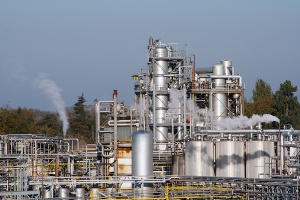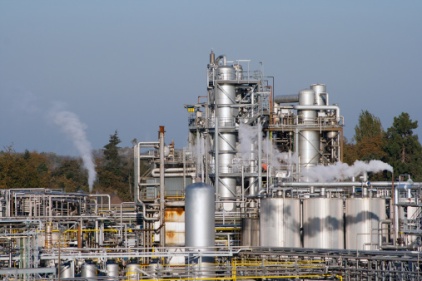 With dangerous chemicals causing about 4.9 million deaths a year – according to the World Health Organization (WHO) – and China and India both experiencing jumps in cancer rates, both countries have begun beefing up legislation regarding the production and marketing of chemicals.
With dangerous chemicals causing about 4.9 million deaths a year – according to the World Health Organization (WHO) – and China and India both experiencing jumps in cancer rates, both countries have begun beefing up legislation regarding the production and marketing of chemicals.
The two are part of the group of emerging countries known as BRIICS (Brazil, Russia, India, Indonesia, China and South Africa) that now represents 28% of global chemical production, compared to only 13% ten years ago.
REACH is a law enacted in 2007 by the European community that deals with the Registration, Evaluation, Authorization and Restriction of Chemical substances. The aim of REACH is to improve the protection of human health and the environment through the better and earlier identification of the intrinsic properties of chemical substances. At the same time, REACH aims to enhance innovation and competitiveness of the EU chemicals industry.
According to the European Trade Union Institute (ETUI), India and China are motivated to make changes, at least in part, by rising health costs and increases in cancer rates. China currently has approximately 1.5 million cancer-caused deaths while India has 635,000.
“The scale of these legislative reforms is immense,” and is based on REACH, notes the ETUI. India is seeking to make it mandatory to register substances, to restrict or ban the use of the most dangerous substances and to create a national inventory to be managed by a public authority. Public consultation is underway, and the new legislation should be adopted by the end of 2012 or early in 2013.
In China, Decree 591 was adopted in December 2011. It seeks to harmonise and improve a series of prior rules. It rests upon principles comparable to those in REACH in terms of the registration and evaluation of substances.
“It is still probably less ambitious in the area of restrictions and prohibitions,” says the ETUI. The decree applies to both Chinese producers and foreign businesses importing their products on to the Chinese market.
The reforms are not receiving a warm welcome in all sectors. CEFIC, which represents major European chemical companies, is opposed to the proposed legislation in India, because of what it terms the ‘excessive costs’ of REACH.



